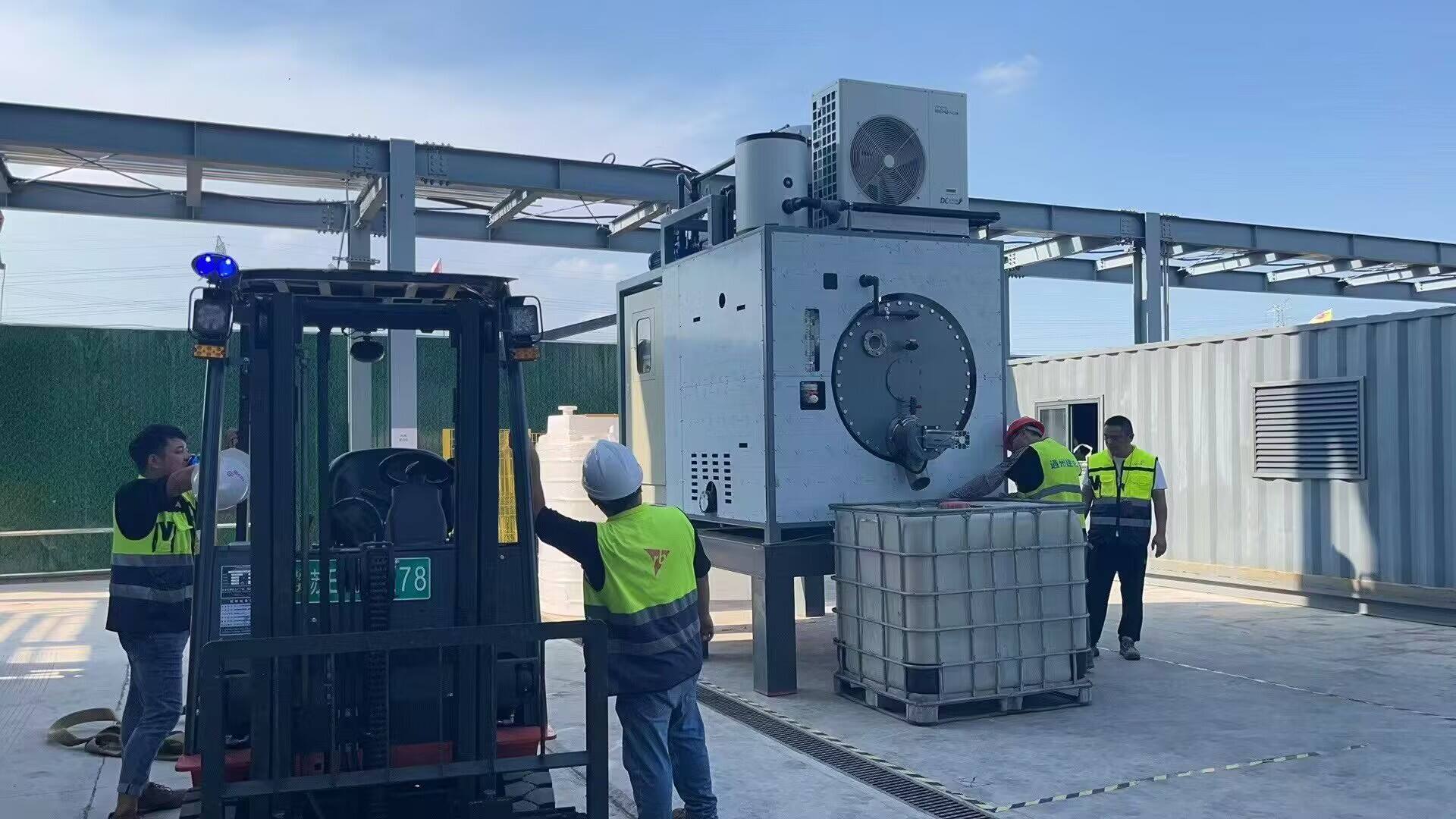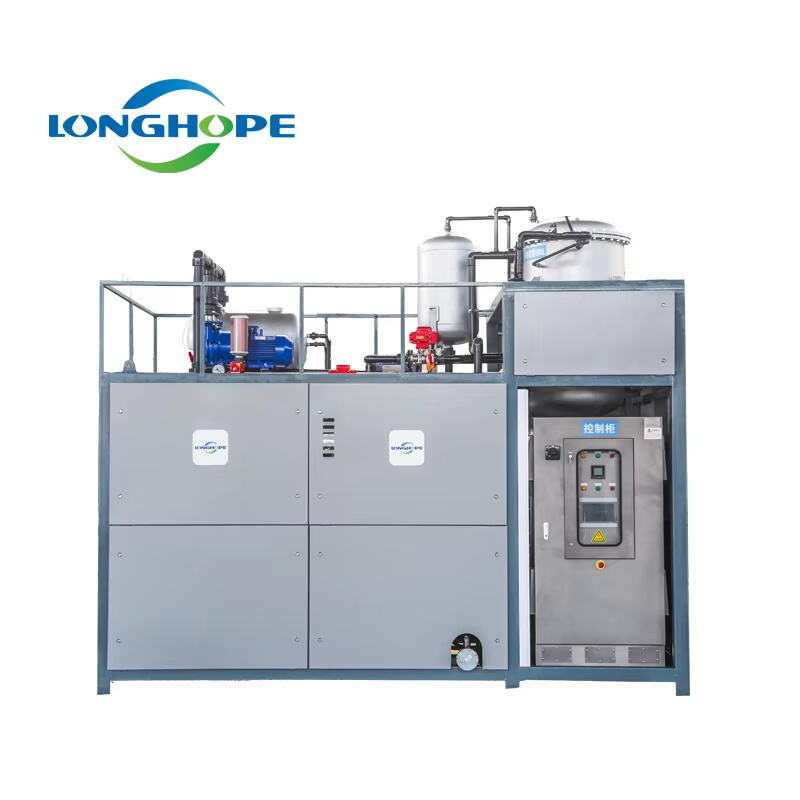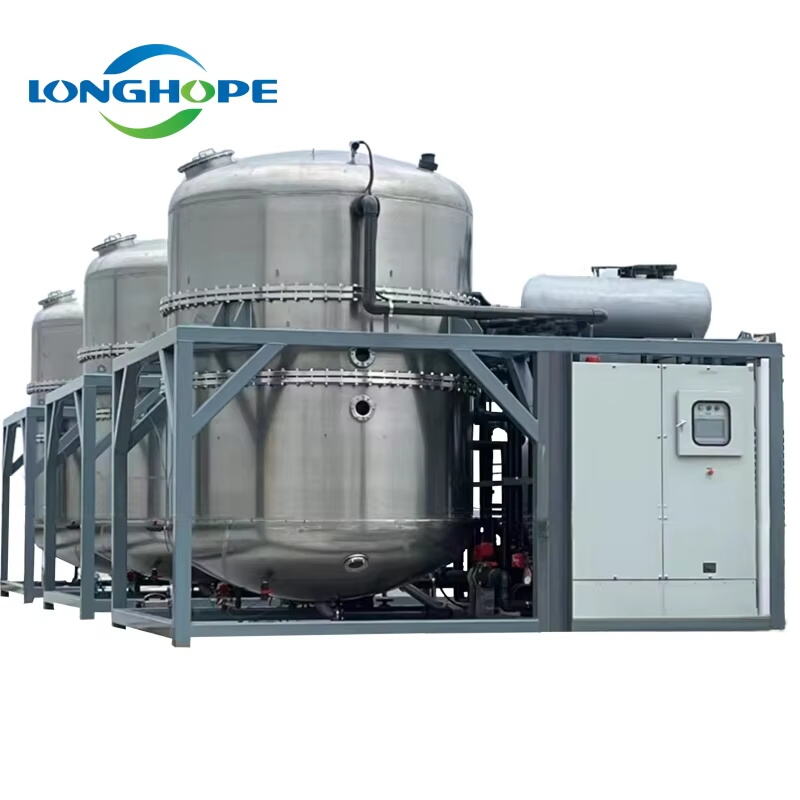reverse osmosis wastewater treatment
Reverse osmosis wastewater treatment represents a cutting-edge purification process that effectively removes contaminants from water through a semi-permeable membrane. This advanced treatment method employs pressure to force contaminated water through the membrane, effectively filtering out dissolved solids, harmful chemicals, and biological contaminants. The process works by reversing the natural flow of osmosis, creating purified water on one side while concentrating contaminants on the other. The technology excels in removing up to 99% of dissolved salts, particles, bacteria, proteins, dyes, and other impurities. In industrial applications, reverse osmosis systems play a crucial role in treating various types of wastewater, including industrial process water, agricultural runoff, and municipal wastewater. The system's versatility allows it to handle different water qualities and volumes, making it suitable for both small-scale operations and large industrial facilities. Modern reverse osmosis systems incorporate advanced monitoring and control systems, ensuring optimal performance and efficiency while maintaining consistent water quality. The treatment process is particularly valuable in regions facing water scarcity, as it enables the recycling and reuse of wastewater for various purposes, including irrigation, industrial processes, and even drinking water after additional treatment steps.


